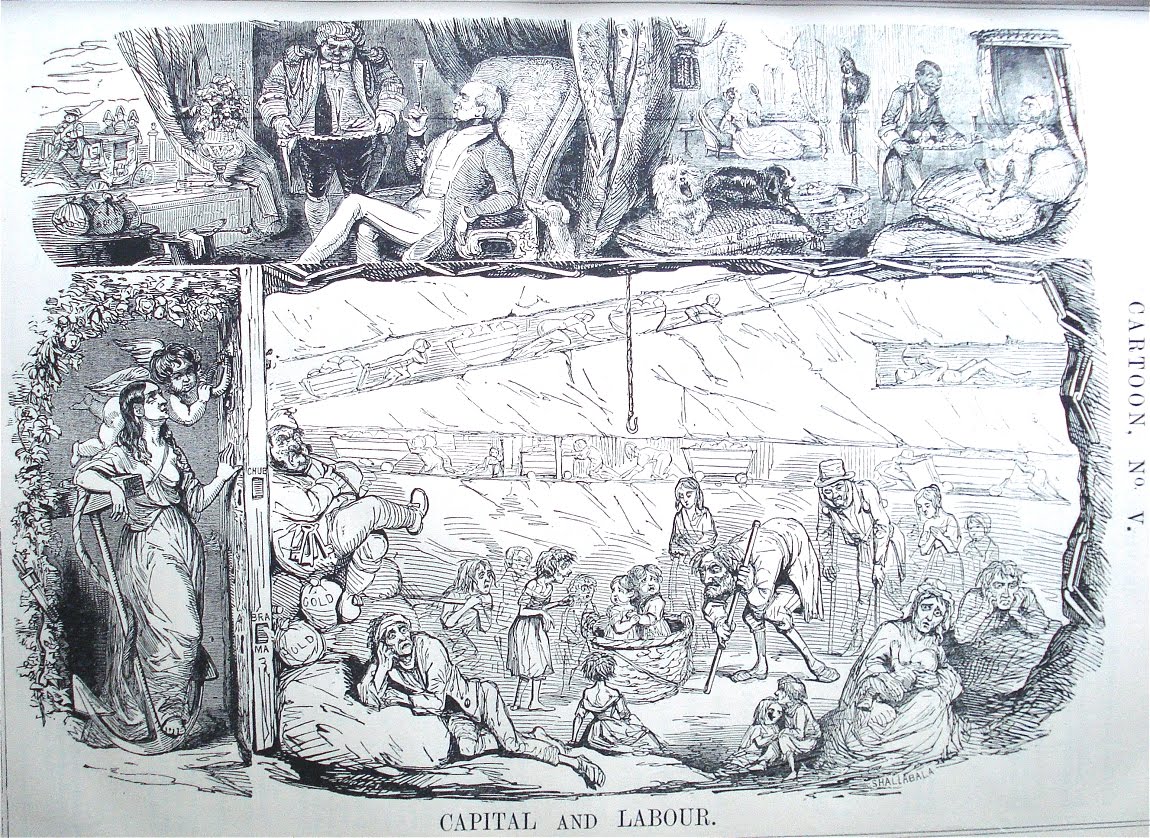The Industrial age in the UK
The Industrial Age in the UK.
Part one : the birth of a new era : From the 1st Industrialisation to the 2nd one :
I- The factors of the 1st Industrialisation:
A) Scientific progress:
Steam power was the primary mean of industrialisation. It replaced human and animal force and permitted to multiply productivity by a 100 factor.
In parallel, agriculture made a giant leap thanks to chemicals and machines.
The population soared, supplying workforce for the new industry.
Health increased thanks to...
Vietnam War
The Vietnam...
Gandhi and the Indian independence
Known as ‘Mahatma’ (great soul), Gandhi was the leader of the Indian nationalist movement against British rule, and is widely considered the father of his country. His doctrine of non-violent protest to achieve political and social progress has been hugely influential.
Mohandas Karamchand Gandhi was born on 2 October 1869 in Porbandar in Gujarat. After university, he went to London to train as a lawyer. He went to Durban in South Africa and was shocked by the ill treatment of...
Petite boîte à outils contextuels pour la composition de Sciences Po
A) Les années 70 :
Les années 70 tournent la page des Trente Glorieuses à deux points de vue : socio-économique avec 2 chocs pétroliers (73 et 79) qui, ajoutés à la concurrence accrue de nouveaux pays industrialisés (Taïwan, Hong Kong, Brésil…), changent la croissance en récession et le plein emploi en chômage structurel ; le deuxième point de vue est socio-culturel : le choc de 1968 a créé de nouvelles mœurs pour une partie de la population, urbaine d’abord (de plus en plus...

